On October 28, 2023, the 2023 Annual Meeting of the Italian Studies of the Chinese Association for European Studies (CAES) and the seminar “Political and Economic Situation in Italy and Sino-Italian Relations” was successfully held at Nankai University. The conference was organized by the College of Foreign Languages of Nankai University and the Center for Area Studies of Nankai University.
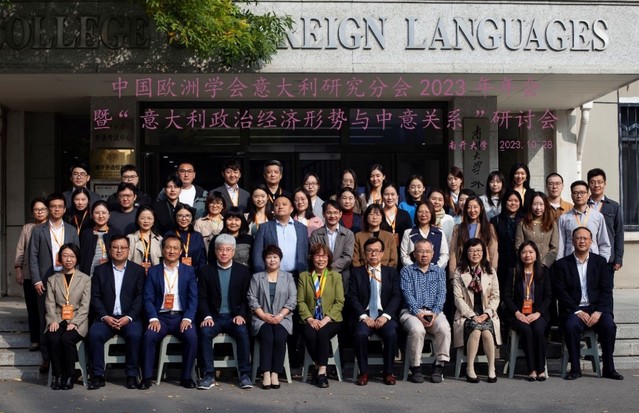
The opening ceremony of the seminar was hosted by Associate Professor Yang Lin, head of the Italian Department of the College and Deputy Secretary-General of the CAES Italian Studies. Mu Xiangwang, the Secretary of the College’s Party Committee, and Prof. Luo Hongbo, a research fellow at the Institute of the European Studies of Chinese Academy of Social Sciences and the president of the CAES Italian Studies delivered speeches respectively.
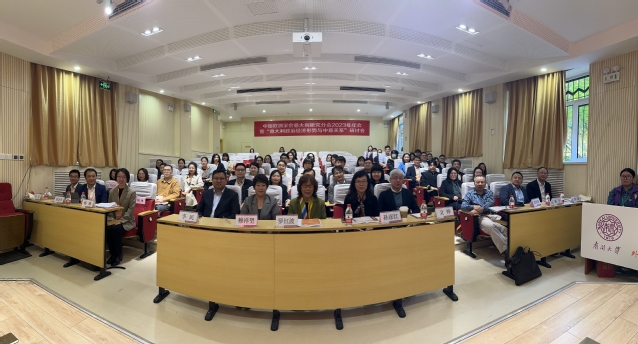
In the keynote speech, Sun Yanhong, a research fellow of the Institute of the European Studies of Chinese Academy of Social Sciences and Secretary-General of the Branch, made the first speech about the current Italian economic situation and Sino-Italian economic and trade relations. She pointed out that the COVID-19 pandemic caused severe damage to the Italian economy. In 2021 and 2022, with the assistance of the “Next Generation EU” recovery fund, the Italian economy revived with a strong momentum with a higher economic growth rate than the EU average, Germany, and France. Such an outstanding economic performance is for the first time since the 1990s when Italy’s economy fell into a downturn. However, since the second half of 2022, the reviving momentum has been losing its power affected by the high inflation caused by the energy crisis in the context of the Russia-Ukraine conflict as well as the European Central Bank's continuous sharp rate hikes and so on. It's estimated that its economic growth in 2023 will be less than 1%. Currently, the Sino-Italian relationship encounters some setbacks due to whether Italy will renew the Belt and Road MOU or not, but enhancing practical cooperation is still a mutual consensus. There is no fundamental political conflict of interest between China and Italy. They are highly complementary in the economy and have many mutual concerns about global challenges such as climate change. In the future, there is still considerable room for practical cooperation between the two countries in the framework of a comprehensive strategic partnership.
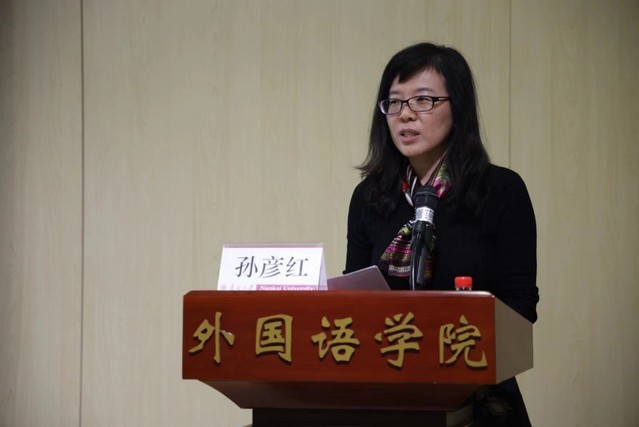
Shi Dou, a lecturer at the Italian Department of the College, delivered a speech with the theme “Features and development trends of current Italian party politics”. He believed that Italian party politics entered into a long rebuilding stage since the general election in 1994. The status in Italy now is characterized by the following: (1) Unstable party politics: “Individualistic” parties become the mainstream. The major parties are deeply divided within themselves, and it is difficult for them to unite with each other, which in turn leads to the instability of the party system. (2) Unstable government: The Italian government has changed frequently. The government that was elected not by the people came into power many times. (3) With continuous political crisis, the president was pushed to the foreground many times. (4) The “transformationalism” has severely affected the Italian parliament. (5) Representative crisis: The increasing estrangement between Italian citizens and its democratic institutions can be seen from negative votes or no votes. With the center-right coalition winning the election in 2022 and Meloni’s administration coming into power, the Italian political party system tends to present the “bipolar pattern” again formed since the Second Republic, but there is still much uncertainty in its future trend.
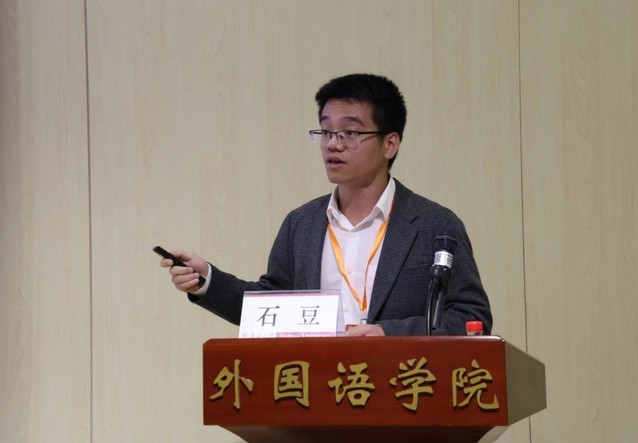
In the agenda afterward, the participants shared their own opinions and had a warm and in-depth discussion surrounding the four themes including “current Italian political and economic situation”, “development and policies of current Italian important fields”, “Sino-Italian relation and cooperation”, and “Italian culture and Sino-Italian cultural communication”.
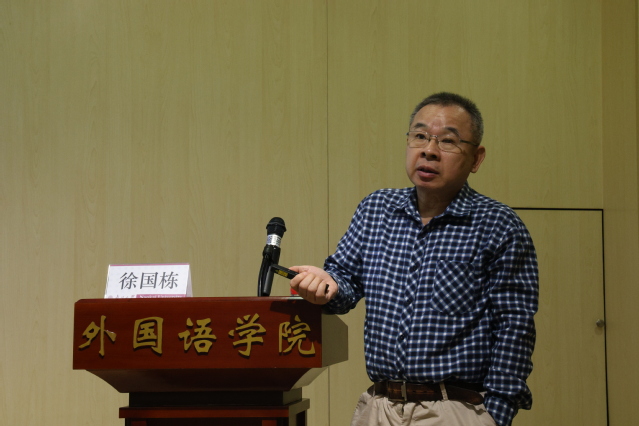
The CAES Italian Studies was established on Nov. 15, 1988, in Beijing, which is the only nationwide academic community focusing on contemporary Italian politics, economy, society, culture, law, diplomacy, Sino-Italian relations, and other issues in China. During the past 35 years, the members of the branch have written and published dozens of academic works about Italy, and hundreds of academic seminars and reporting conferences were organized and held, which have promoted domestic research on contemporary Italy and academic communication with Italy. Since 2019, the Blue Book of Italy: Annual Development Report of Italy with Sun Yanhong, the secretary general of the branch association, as its chief-in editor, has published four annual reports, which have received warm responses both at home and in Italy.



